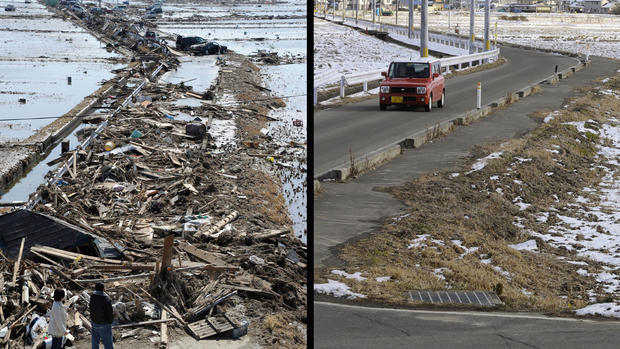Increase in seizures after Japanese tsunami may be caused by stress
The number of seizures increased dramatically in a Japanese fishing village in the weeks following the 2011 tsunami, leading researcher to believe that stress may have been the culprit.
"We suggest that stress associated with life-threatening situations may enhance seizure generation," lead author Ichiyo Shibahara, a staff neurosurgeon at Sendai Medical Center in northern Japan, said to Reuters.
A 9.0 earthquake caused a giant wave to crash over many areas of Japan on March 11, 2011. Nineteen thousand lives were lost in the destruction. Fukushima Dai-ichi nuclear power plant, a nuclear power plant, had three meltdowns due to the tsunami. The surrounding area is still radioactive to this day and will be for generations.
Two months before March 11, only one person had been admitted to Kesennuma City Hospital for seizures. However, in the following eight weeks after the tsunami, 13 people were seen for seizure. In total, researchers looked at 440 patient records.
Shibahara said that 11 out of the 13 admitted were known to have a neurological disease, including epilepsy, head injuries or stroke. They all lived on their own, but eight took anti-convulsive medication.
However, five of the patients said that they came to the hospital not because they ran out of their prescription, but because they were so stressed out. Only one patient was unable to refill their medication.
"This is interesting, but I'm not 100 percent convinced," William Theodore, senior investigator of the clinical epilepsy section at the National Institute for Neurological Disorders and Stroke in Bethesda, Md., told Reuters.
Theodore said the study cohort was too small to rule out chance as a possibility why the seizures went up. Natural disasters could cause seizures through head trauma, infections and lack of sleep. In addition, people may have forgot to take their medication after the disaster.
"If you already have seizures and you're taking medication, always make sure you have a decent supply just in case some natural disaster occurs," he warned.
The study appeared online on Jan. 7 in Epilepsia.

